The microbiome comprises all genetic material within microbiota, the set of microorganisms living in specific niches, one of which is the human gut. It has been shown that the microbiome plays an important role in the functioning of the immune system, so microbiome disturbance may cause immune disorders and chronic inflammation. Those conditions are hallmarks of HIV infection, yet few publications have addressed the potential role of the microbiome in HIV/AIDS. The focus of the MISTRAL (Microbiome-based stratification of individuals at risk of HIV-1 acquisition, chronic clinical complications, antimicrobial drug resistance, and unresponsiveness to therapeutic HIV-1 vaccination) EU-funded project is the relationship between the gut microbiota and HIV/AIDS, specifically HIV-1. MISTRAL ultimately aims to identify biomarkers to underpin the development of interventions that mitigate HIV infection and that enhance response to vaccines and therapies. The MISTRAL project will include an open-access database to support inpatient screening and stratification and a cloud-based tool to facilitate microbiome interpretation in research and clinical settings.
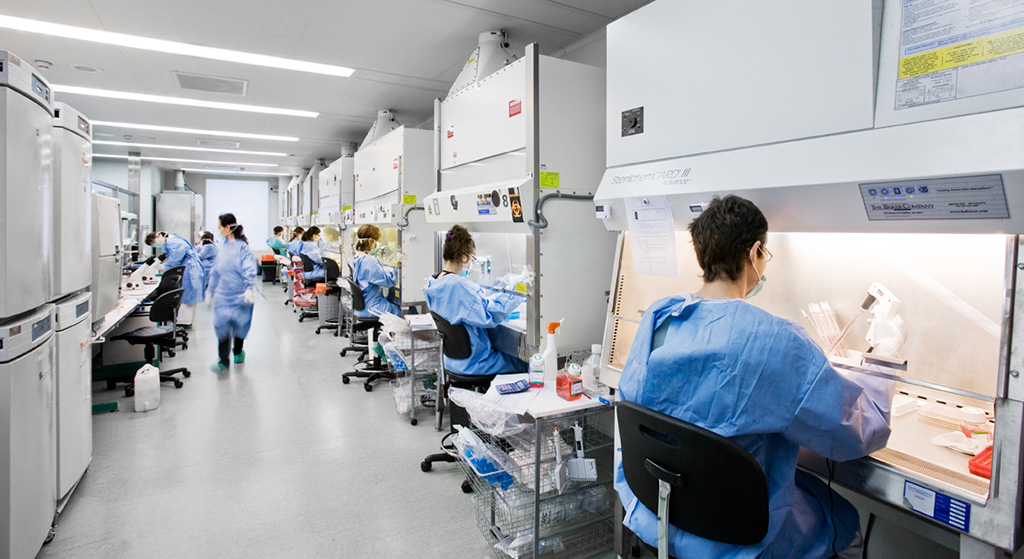
Institutions

IrsiCaixa is a leading research institute in infection and immunity. Established in 1995 with the aim of finding a solution to the then devastating HIV/AIDS pandemic, IrsiCaixa seeks solutions to viral, bacterial, and fungal infections through its accumulated knowledge in immunology and vaccines.
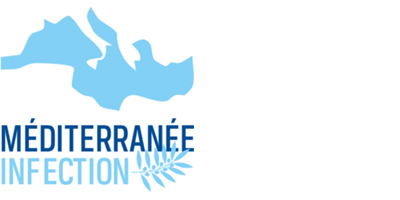
Méditerranée Infection is a foundation whose mission is to strategically consolidate the fight against infectious diseases at the local, national and international levels, in particular the three global killers (HIV, tuberculosis and malaria).
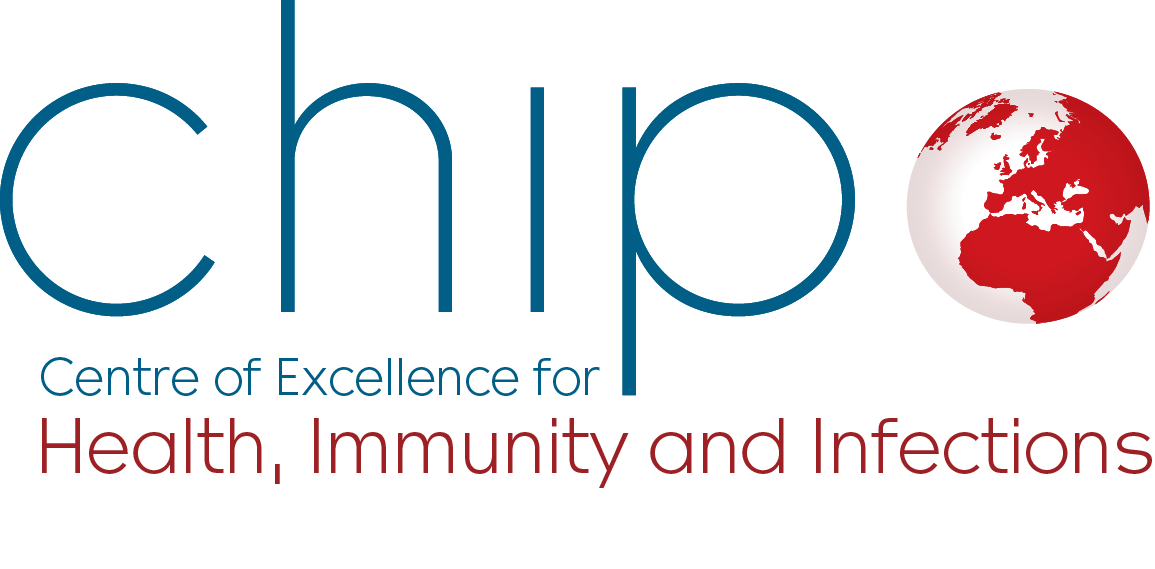
CHIP – Centre of Excellence for Health, Immunity and Infections (RegionH) is an internationally recognized research institution specializing in the prevention and treatment of infectious diseases.
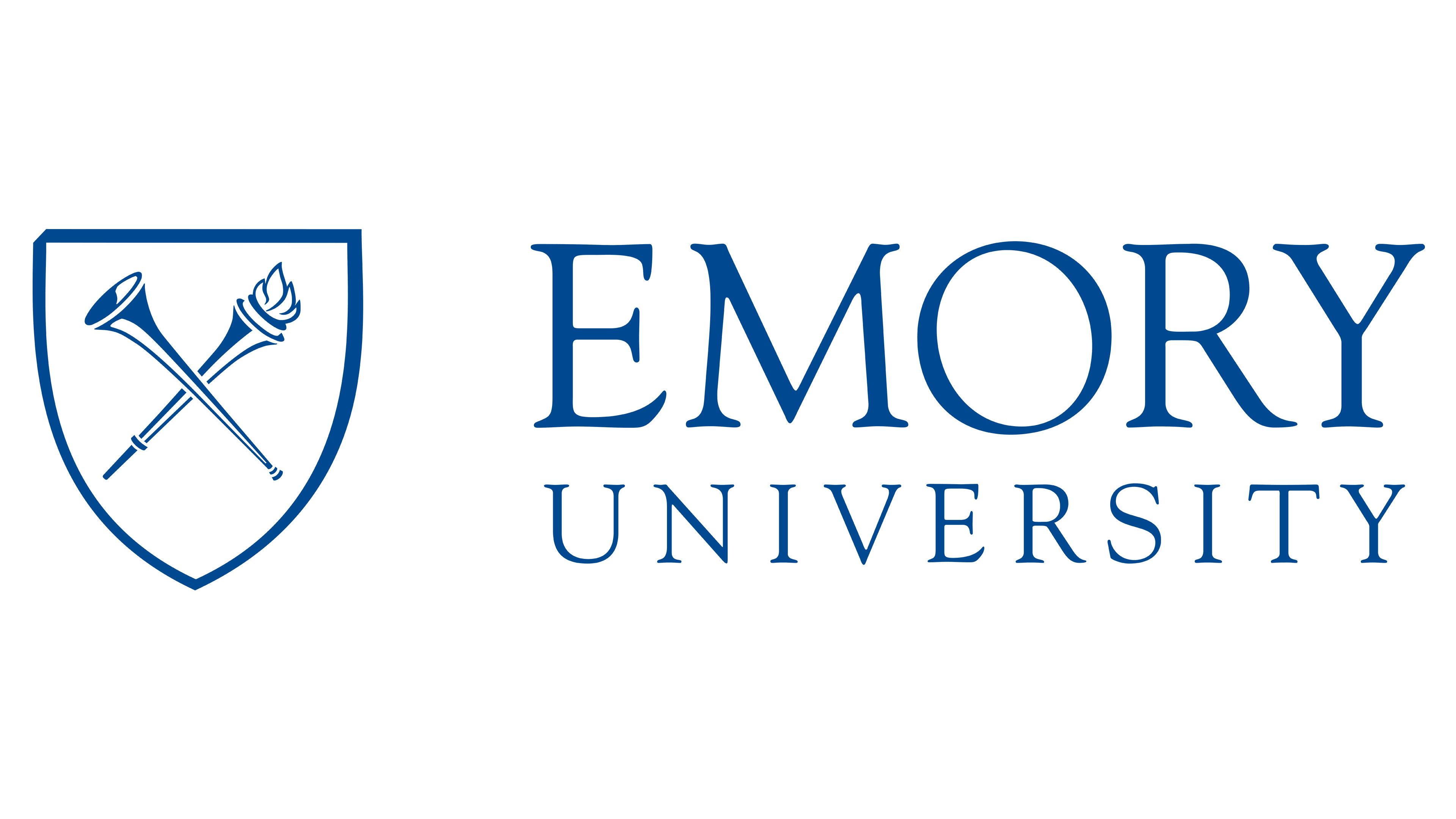
Emory is an academic health sciences powerhouse guided by evidence, committed to critical inquiry, and fueled by creativity. As a leading research university, Emory’s focus is the number of lives saved, partnerships forged, and discoveries driven—across the globe.
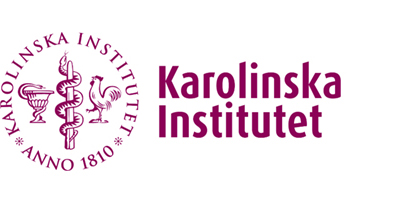
Karolinska Institutet is a leading research centre whose mission is to advance knowledge of the life sciences and achieve better health for all. It is Sweden’s largest medical university, offering the country’s widest range of courses and programmes.
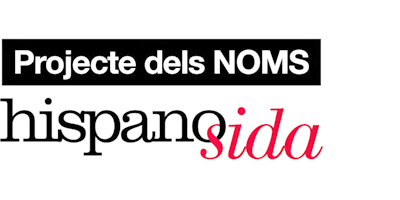
Projecte dels NOMS – HISPANOSIDA is an NGO founded, from inside the community of people living with HIV, in order to address the AIDS crisis. It is a consultative body for the WHO, UNAIDS and the ECDC in drawing up prevention and diagnosis guidelines and recommendations for HIV and other STIs for men who have sex with men.
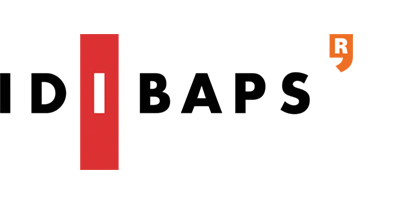
IDIBAPS, a public consortium composed of representatives of the Catalan government, Hospital Clínic Barcelona, the University of Barcelona Faculty of Medicine and Health Sciences and CSIC’s Institute of Biomedical Research, is a biomedical hub of research excellence that addresses common diseases through translational research.
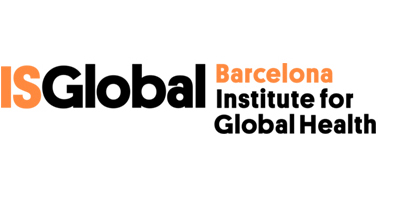
ISGlobal Barcelona Institute for Global Health is a hub of excellence in research and medical care whose ultimate goal is to help close the gaps in health disparities between and within different regions of the world.
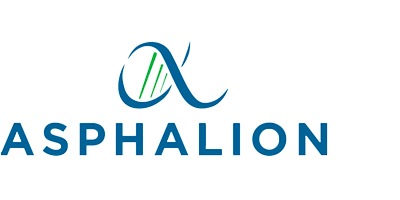
Asphalion is an international scientific and regulatory affairs consultancy offering comprehensive drug development and regulatory services to the pharma, biotech and medical device sectors.
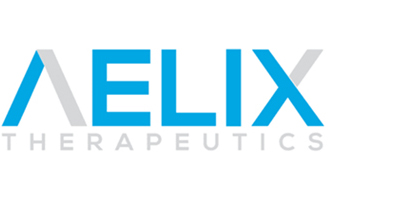
AELIX is a clinical-stage biotechnology company whose focus is the development of a therapeutic HIV vaccine to be used in cure/eradication strategies.
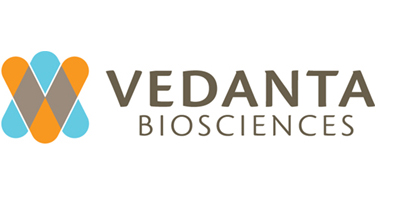
Vedanta is a preclinical-stage company whose focus is to use insights from microbial ecology, mucosal immunology and human interventional studies to design drugs based on consortia of commensal gut bacteria




